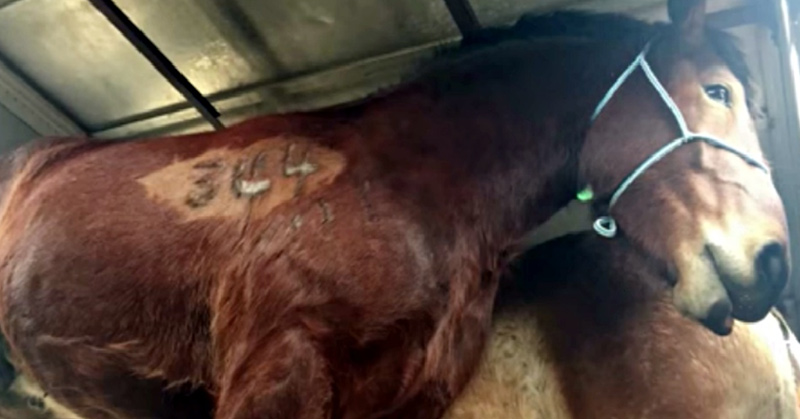Would you support the slaughter or consumption of horsemeat: yay or neigh? In Japan, a leading importer of horsemeat, many would probably say “yay.”
Japan has imported around 9,000 tons of horsemeat, primarily from U.S. horses slaughtered in Canada.
What is Japan doing with all this horsemeat?
One main use is basashi, a specialty sushi. Additionally, horse body oils are harvested for synthetic beauty products sold in countries like Japan and South Korea.
Live horses are raised for marbling and production to meet consumer demand in Japan.
Torturous transportation
Millions of horses suffer long trips from Canada to Japan in cramped crates due to the illegal nature of horse slaughter in the United States.
The journey can last 16 to 18 hours, with horses going without food, water, or rest for up to 36 hours.
Laws meant to protect animals are often overlooked due to the profits of the horse trade.
Horsemeat: a public health risk
Horses sent to Japan are not raised for consumption and may have been exposed to harmful substances.
Prohibited veterinary pharmaceuticals found in U.S. horses are allowed in imported products like horsemeat in Japan.
For more information on the dangers of horsemeat consumption, visit Protecting Equines and Horse Slaughter in Canada.






